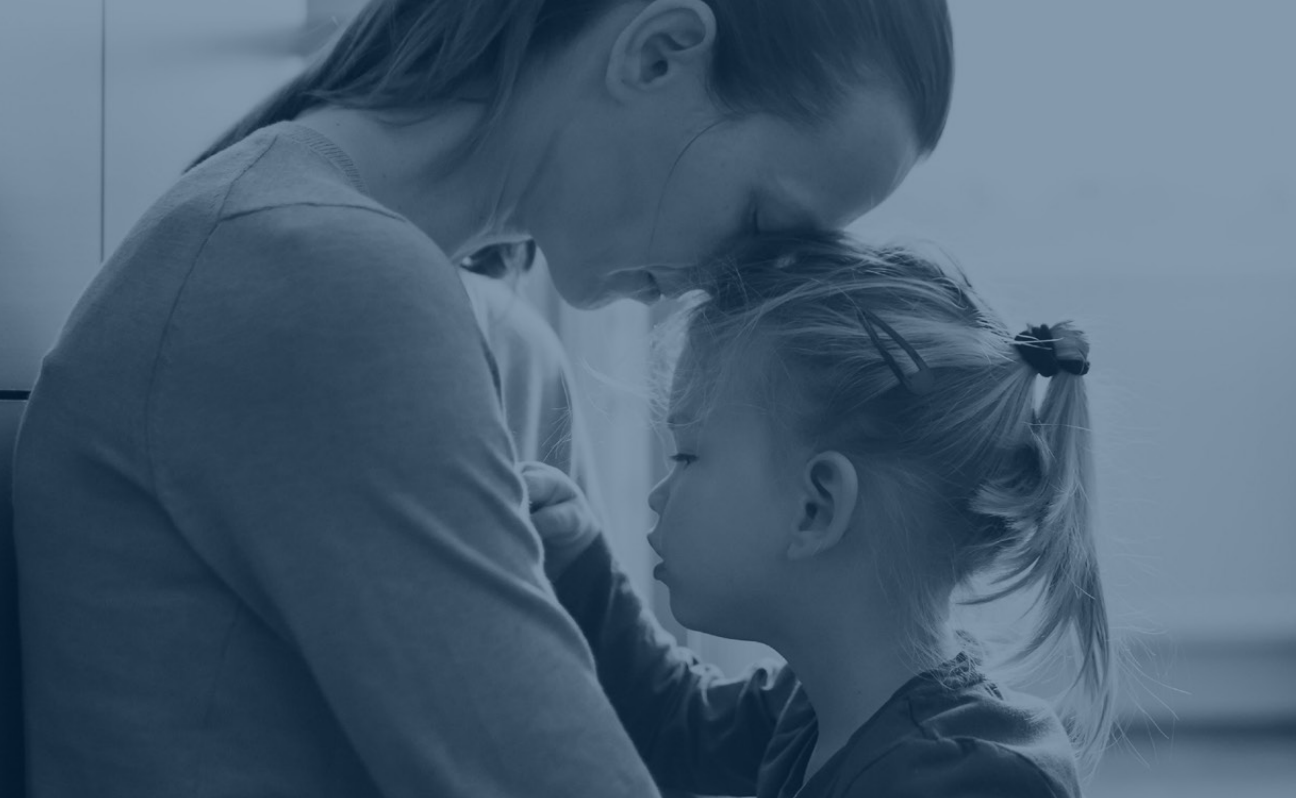Advancing the use of administrative data on children in alternative care: Lessons from France
DataCare National Correspondent, Dr Isabelle Frechon, shares her work with national partners in France to report and compare data on children in alternative care.
[French version below]
Introduction
Over the past year, Eurochild, in partnership with UNICEF ECARO, has worked closely with national experts to improve the availability and scope of national and EU-level data for children in alternative care. In France, we have worked closely with Dr Isabelle Frechon to advance the quality of quantitative observation of protected children in France.
This included mapping available national statistical data as part of the research carried out in the first phase of the DataCare project, to evidence that there are sufficient data being collected in France to create four aggregate indicators for children in alternative care. In the project’s second phase, Dr Frechon has provided technical expertise to implement these indicators by collaborating with national authorities.
Existing challenges collecting data on children in alternative care in France
In France, the Directorate for Research, Studies, Evaluation and Statistics (La Direction de la recherche, des études, de l'évaluation et des statistiques - DREES) collects statistical data each year on children in alternative care and the National Observatory for Child Protection (Observatoire Nationale de la Protection de l'Enfance - ONPE) collects and disseminates key indicators and figures on a broader scope covering both children at risk (e.g. victimisation data) and protected children (alternative care or preventive measures)[1].
Collecting data on children in alternative care requires DREES to work across a decentralised child protection system across the 100 administrative departments of France. The data is drawn from a system used for the financial management of measures and relies on two decision-making bodies: the juvenile justice system and the Child Welfare Service.
These data have always been public and - with the development of open-data - they are increasingly accessible. However, aggregating this data to the level needed for comparison with European and international categories of alternative care faces a series of challenges including:
- To get an overview of how many children (age 0-20) are in alternative care in France, you need to aggregate at eight different tables.
- The categories used are based on information held by the departments. If the placement measure is decided and monitored by a Children's Judge (as a placement direct), then the department provides funds for the measure and does not know where the child is being taken in.
- The large placement associations are grouped under the term Établissement, or an establishment", which is an increasingly diverse type of care (home, independent accommodation, foster family, home placement). Establishments therefore encompass elements of different international categories of alternative care such as “residential care” or “foster care”. This poses a challenge for European comparison.
To overcome this challenge, Dr Frechon worked in close partnership with DREES for collecting indicators by broadening the classification of “direct placement” decisions and this diversity of care as part of its “Social Establishments (ES-PE)” survey which is conducted every four years.
To disseminate these indicators, Dr Frechon engaged with the ONPE, which included a technical workshop in January 2023 to discuss how these indicators will be reported in the ONPE’s annual report on children in France’s child protection system (from autumn 2023)
Accompanying Dr Frechon’s technical efforts to advance the use of administrative data in public policy, Eurochild has advocated with French policymakers, such as the Secretary of State for Child Protection, and the National Coordinator for the European Child Guarantee, to include these calculable indicators into national policies and to support European efforts to improve translational comparability for children in alternative care.
Outstanding challenges for implementing DataCare recommendations in France
There are outstanding challenges for the implementation of these indicators in France, which Dr Frechon shares:
- This work has only been made possible by a handful of professionals in relevant authorities. To make the institutionalisation of children more visible, it will be up to the national and European public authorities to incorporate these indicators into national and European monitoring frameworks for initiatives, such as the European Child Guarantee.
- The limitation of the observation to children aged 0-17 years olds makes the situation of young adults aged 18-20 years who are receiving continuing protection invisible. It is crucial that data is captured on the situation for these young adults, both in continued protection and once they have left care.
- Any efforts around including indicators on children in alternative care must consider the broader context and challenges of the national child protection sector. In France for example, there is a period of crisis in the recruitment of foster carers and educators, and deinstitutionalisation efforts need to consider such national realities.
- Finally, deinstitutionalisation must be accompanied by an observation of the well-being of children and families. What common indicators are we going to use to measure this possible change in European countries?
In conclusion, working on a joint project to improve quantified knowledge of child protection with the European countries included in the DataCare project, has been an enriching experience for Dr Frechon and Eurochild, and has served as a formidable lever for advancing observation of child in alternative care in France. Dr Frechon remains willing to continue this work on 18-20 year olds and/or on prevention indicators.
Links for more information & publications from Dr Isabelle Frechon
- Read how the DataCare recommendations have been implemented in Romania.
- Read the full findings and recommendations from the DataCare project.
- Frechon I., (2006) "L'impossible observation de l'enfance protégée en France?
- Frechon, I. (2007) Les enjeux financiers de gestion: Une approche chiffrée.
- Frechon I., Halifax J., Guyavarch E., (2009) "État des lieux de l'enfance en danger, sources et données disponibles en France"
Dr Isabelle Frechon is a sociologist and demographer, she is researcher at the Laboratoire Printemps - CNRS Université Paris Saclay. Since the end of the 1990s, she has been conducting surveys on the life course of children in child protection care, and has directed the Longitudinal Survey on access to autonomy after placement in partnership with the National Institute of Demographic Studies and her Laboratory. Her approach mixes quantitative and qualitative analyses. In addition, she uses public statistics data on children in child protection and has analysed their quantification in three articles (see bibliography). Since 2020, she has been the French National Correspondent for the DataCare project.
[1] ONPE, and more recently DREES, have tried to collect longitudinal, individual and national data on child protection (Olinpe system) since 2007, but the departments are struggling to trace those data.
This article is also available in French:




